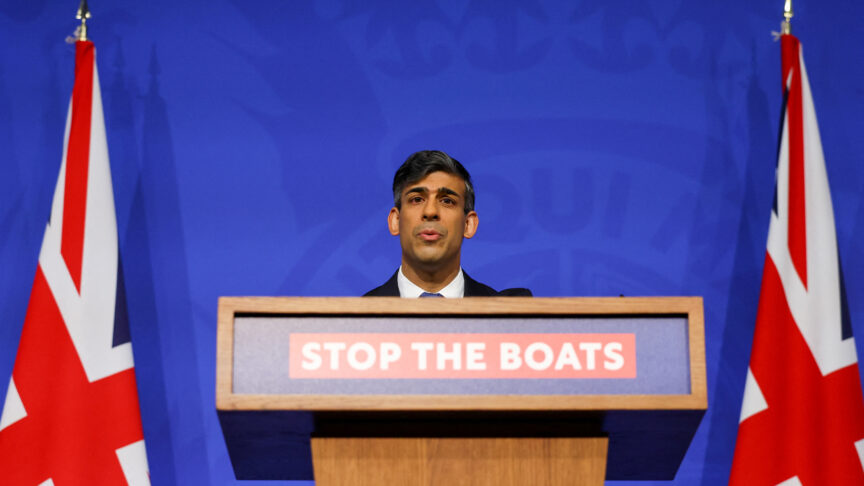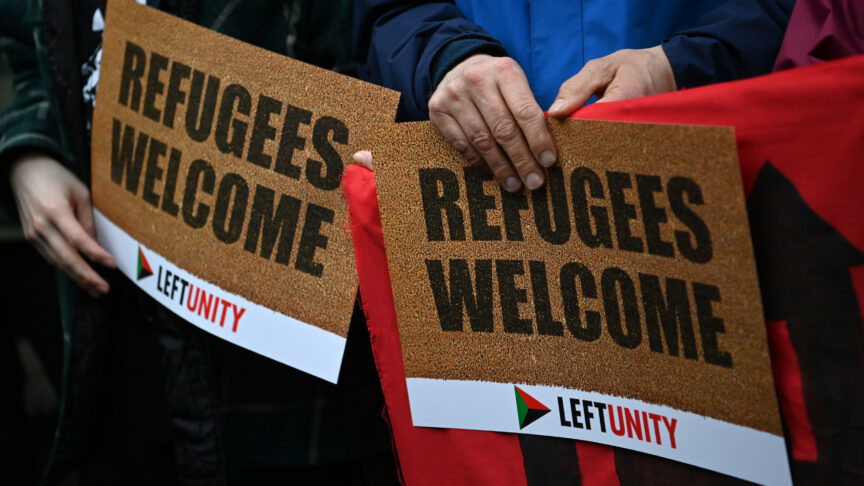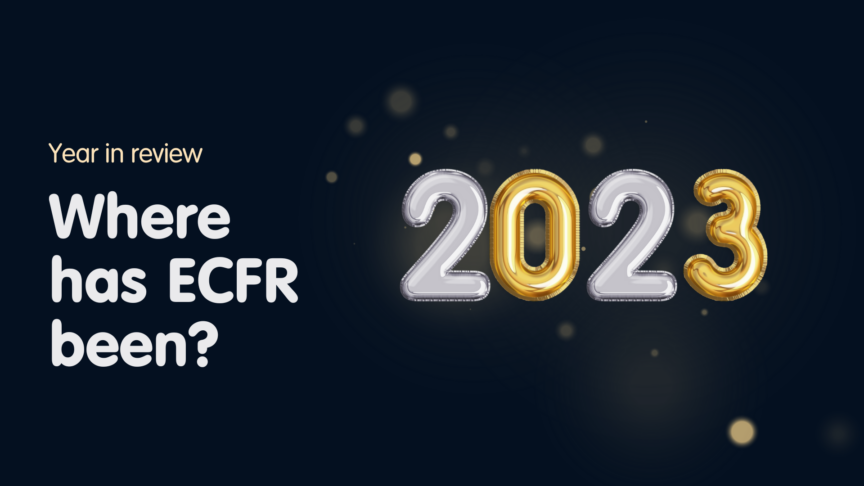Mireia Faro Sarrats is the communications officer at the European Council on Foreign Relations.
Previously, she worked as a communications officer at the European Institute of the Mediterranean, a public affairs officer at the United States Consulate General in Barcelona, and in the communications department of the European Agency for Fundamental Rights in Vienna. Faro was also an intern at the United Nations Office on Drugs and Crime in Vienna and at the Barcelona Centre for International Affairs. She has conducted independent research mainly in the areas of human rights and migration.
She holds a BA degree in journalism from the Universitat Ramon Llull – Blanquerna and an MA in human rights, democracy and globalisation, from the Open University of Catalunya.






